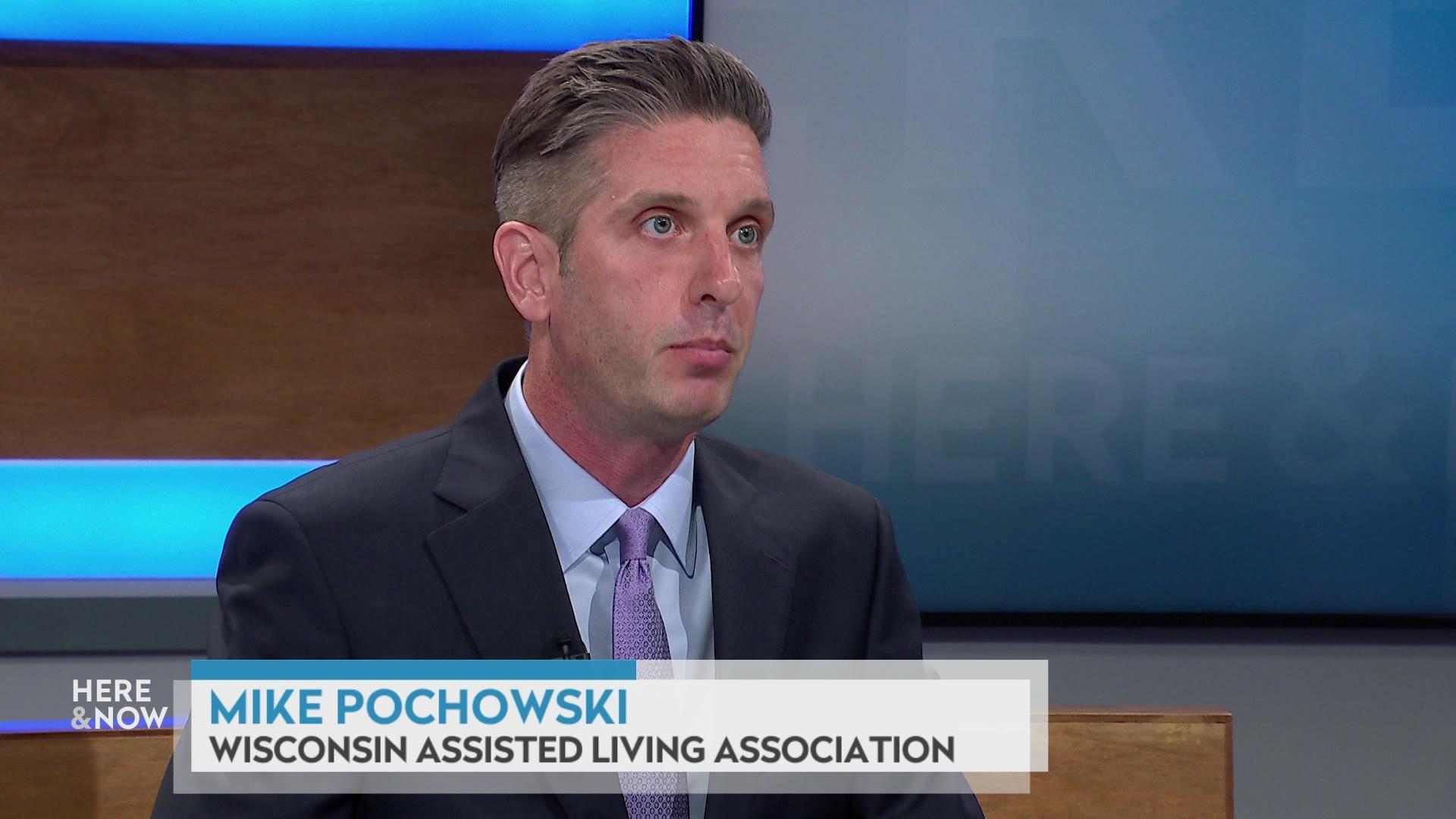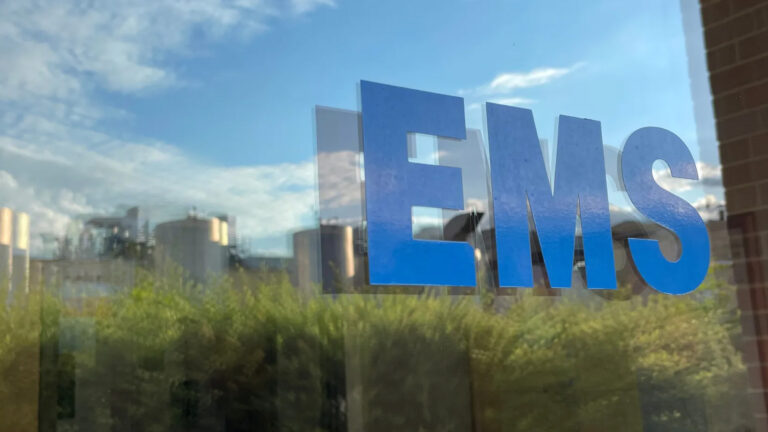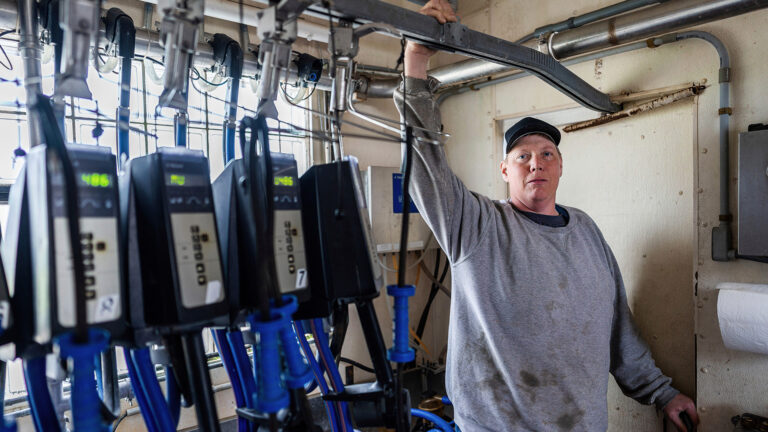Evers administration allocates $402 million to combat PFAS, other water contaminants
State and federal money will be made available to 106 Wisconsin municipalities to help them build water infrastructure projects, replace lead service lines and address emerging contaminants such as PFAS.
Associated Press
October 23, 2023

A water tower and flagpoles with the U.S. and Wisconsin flags stand over a two-story stone masonry building, with trees in the background.

MADISON, Wis. (AP) — Gov. Tony Evers is allocating more than $402 million to address polluted drinking water in Wisconsin, his office announced Oct. 23.
The money will be available to 106 Wisconsin municipalities to help them build water infrastructure projects, replace lead service lines and address emerging contaminants such as PFAS.
The money comes from a combination of the state Department of Natural Resources’ Safe Drinking Water Loan Program and a $1 trillion infrastructure bill President Joe Biden signed into law in 2021.
The funding will be made available as municipalities incur costs over the next year. Examples of preliminary approved projects include $30 million for the city of Milwaukee to replace lead pipes and $17 million to help the city of Wausau build a treatment system at the city’s water treatment facility to reduce PFAS concentrations.
PFAS, or per- and polyfluoroalkyl substances, are man-made chemicals that don’t break down easily in nature. They’re present in a range of products, including cookware, firefighting foam and stain-resistant clothing. They have been linked to low birth weight, cancer and liver disease, and have been shown to reduce vaccines’ effectiveness.
Municipalities across Wisconsin are struggling with PFAS contamination in groundwater, including Marinette, Madison, Wausau and the town of Campbell on French Island. The waters of Green Bay also are contaminated.
 Passport
Passport











Follow Us